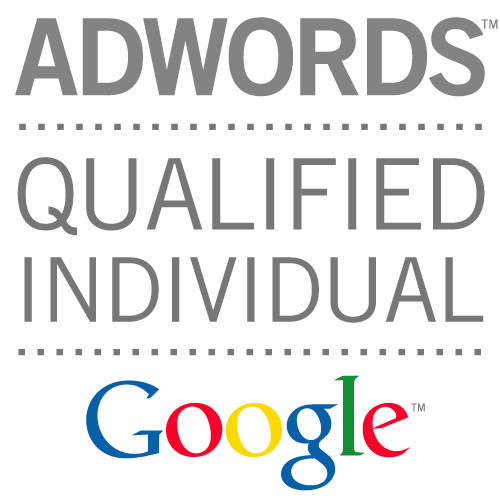Google AdWords can be an incredible boon to any company looking to promote their services on the internet. It offers scalable advertising for local, national and international markets that you can easily tailor. Top that off with a price scale that starts at practically nothing and you’ve got a tool that no SME or web-business should pass up on. For those of you new to the world of digital marketing, here’s a hotlist of some things you need to know before you can really get stuck in with AdWords.
1. Make Your USP Clear
AdWords gives you only 70 characters to work with when creating an ad. As a result you have to be right on message about your unique selling point. If you take a look at some already existing adverts at the side of Google you’ll see how to the point they are. Try to put your product at the very start of the advert, and follow up swiftly with whichever deal you’re offering. It’s also quite a popular tactic to put an exclamation mark at the end of your advert if you’ve got the room, to add a sense of urgency.
2. Set a Budget
It’s easy to get carried away with AdWords, and that can be the downfall of a company. The AdWords layout is so easy to change that it’s possible to overspend without even thinking. This is particularly true when running multiple accounts or using some of the more advanced features. Set yourself a budget and stick to it, or you’re going to be in trouble down the line.
3. Find Good Keywords
It’s important to find a few, specific keywords that relate to your business (using lots may feel like the right thing to do, but it’s actually counter-productive. It’s also often more expensive.) It’s important to make sure that these keywords aren’t being used by every one of your competitors, this drives up how much it will cost you to get your ad seen, and also do nothing to separate you from your rivals. Therefore, make sure to find a few keywords that are relatively unique to your business niche. That way you’ll pay less, and your ad is more likely to appear more often.
Also, make sure you include your keyword in the ad copy itself, not just your website and offer. The more often it occurs, the more likely it is to be seen.
4. Tailor Your Adverts
The whole point of Google AdWords is that you can be incredibly specific about who you target. You don’t want to just throw an advert to the wind and see where it lands. You should be doing everything you can to ensure you’re reaching the right audience with strong keywords and constant reference to your personal Analytics.
5. Create Truthful Ads
In person, a marketer might be able to make a case for a different product because the buyer is already there and they want to get something for their time. On the internet, they’re just going to close the browser and be on their way. For this reason, you have to ensure that the page that AdWords links through to is relevant to what was advertised. You should never promise something with a Google ad that you are not actually offering. It’s a waste of your own money, and can lead to endless bad will from potential customers.
6. Make Changes When Necessary
AdWords allows you to track and visualise the success of your different campaigns. You can A/B test different adverts and see which are more successful, then apply what you learn to future campaigns. AdWords is essentially your own marketing department in a browser, and for the best results you have to use it as such. You can A/B (Or the more complex multivariate) test almost all the elements of an ad, including headlines, visuals, landing pages, descriptions and much more. It is this constantly developing source of information that makes AdWords so tremendously useful to companies across the world.
When Not To Use AdWords
AdWords can be useful for a broad range of businesses, but it does have limitations. If your business is advertising a product that your target market is unaware of, then you’re unlikely to have much success with AdWords because your keywords simply won’t be searched for. In the same way, if you’re targeting a very niche market, it may be incredibly difficult to target them with keywords and generate click-throughs.
It’s also worth considering the level of competition in the market. If you’re selling a low-margin product, but paying large amounts of money every time someone clicks on an ad, you could end up making little to no money off of each sale (or worse, losing money.)
Finally, AdWords is only going to be of use to you when used in tandem with strong resources. If your website is poorly designed and hard to buy anything from, or if it just looks horrible, then you may undo all the work that AdWords did attracting people to your website in the first place. Make sure that everything related to your website gives off an air of professionalism to ensure that your time setting up AdWords isn’t wasted.
There is lots more to AdWords and it’s a very powerful and flexible advertising platform that can be a little confusing to the first time user. However, stick with it, do lots of reading, or even take a Google Certification exam to gain a qualification and you’ll be creating power ads within the platform in no time at all.
Get more leads, make more sales, grow your brand faster.






